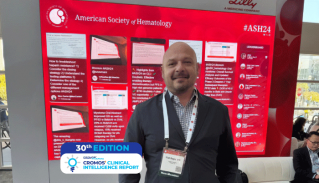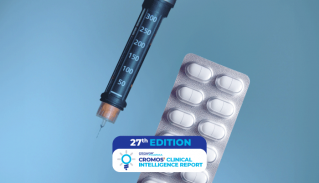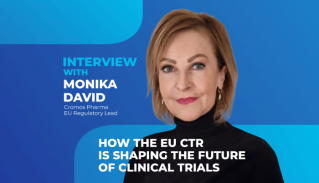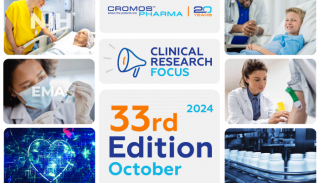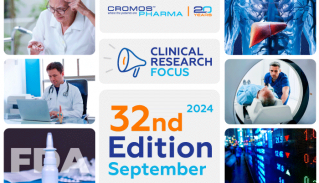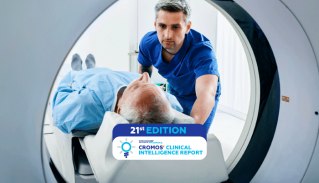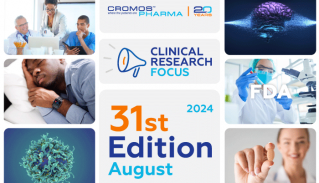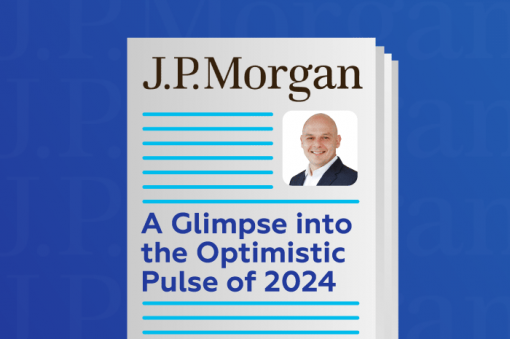
J.P. Morgan’s Healthcare Conference: A Glimpse into the Optimistic Pulse of 2024
The annual J.P. Morgan Conference in San Francisco, typically accompanied by rain, saw milder weather this year—was this a symbolic shift hinting at a brighter forecast for 2024?
The biopharmaceutical industry, emerged from 2023’s continued downturn in finance deals and mergers and acquisitions (M&A) and showcased resilience and determination at the 2024 JPMorgan Conference. Notable M&A deals were heralded, signifying if not a recovery, at least a beacon of hope for the industry.
M&A Dynamics Unveiled:
Amidst the backdrop of a challenging 2023, significant M&A deals took center stage:
- BMS’s $14 billion acquisition of neuro drug developer Karuna Therapeutics and $4.1 billion acquisition of RayzeBio.
- AstraZeneca’s strategic purchases, including Gracell for up to $1.2 billion and Icosavax for approximately $1.1 billion.
- J&J’s $2 billion plan to acquire Ambrx Biopharma.
- Boston Scientific’s $3.7 billion acquisition of Axonics.
- GSK’s $1 billion upfront acquisition of Aiolos Bio, with potential additional milestones.
- Merck’s estimated $680 million acquisition of cancer drug developer Harpoon Therapeutics.
- Aditxt’s entered the M&A arena with the $100 million acquisition of Evofem Biosciences.
Bioinformatics and AI Convergence:
Novartis and Eli Lilly have independently forged partnerships with Alphabet’s Isomorphic Labs, leveraging its artificial intelligence platform for small molecule-based drug development. This platform, a creation of Google’s DeepMind, signifies a groundbreaking approach to drug discovery. Under the collaboration, Lilly is set to provide Isomorphic with $45 million upfront, along with $1.7 billion tied to performance-based milestones and tiered royalties. Simultaneously, Novartis’s agreement involves an upfront payment of $37.5 million, complemented by $1.2 billion allocated for milestones and royalties. This strategic incorporation of AI in drug development mirrors the broader industry trend, exemplified by another significant development—a merger between a biotech powerhouse and a leading AI and bioinformatics firm. This strategic alliance reflects the industry’s dedication to harnessing the potential of data and AI, with the collaborative entity aiming to revolutionize precision medicine and unlock novel treatments and therapies.
Smarter Use of Funds:
Amidst the resurgence, a notable trend gaining traction is the smarter use of funds by biotech companies. Many are engaging with service providers capable of running clinical trials faster and at a lower cost. In a landscape where everyone is seeking the next inflection point, the key metric is the availability of clinical trial data.
Recent clinical trial setbacks underscore the critical role of a reliable CRO partner. Acelyrin’s phase 3 trial failure for izokibep, post a $540 million IPO, raised questions about a protocol error by their CRO. BioVie’s had challenges with Alzheimer’s drug, NE3107, citing protocol deviations and GCP violations. These incidents, coupled with a 2022 case where a Swiss biotech sued its CRO for GBP100 million, stress the importance of robust oversight and adherence to protocols, highlighting the significance of a trustworthy CRO partner in clinical trials.
Investor Preferences for Proven MoAs:
In the current landscape, investors are demonstrating a preference for the assets with proven Mechanisms of Action (MoAs), showing less enthusiasm for completely novel, first-in-class therapies. And the only thing better than a proven MoA is a technology platform designed to stamp out multiple assets with the proven MoA. This shift in investor sentiment indicates a desire for tangible evidence of efficacy and safety, aligning with a more risk-averse approach.
Challenges for Early Stage Assets:
Companies with early-stage assets may continue to face funding challenges as investors prioritize proven pathways. However, the increasing number of M&A deals signals a potential avenue for exit strategies, offering hope for those navigating the hurdles of early-stage funding.
Potential Reductions in Interest Rates:
Discussions about interest rate reductions have sparked talks of increased acquisition activities by Big Pharma, presenting additional opportunities for biotech companies through strategic partnerships or exit strategies.
Optimism Fueled by FDA Approvals:
The sector’s optimism is buoyed by a nearly 50% increase in novel drug approvals by the FDA in 2023. This surge underscores the industry’s commitment to innovation, stimulating investor confidence and propelling the sector into a phase of accelerated growth.
IPO Market Outlook:
Analysts foresee a resurgence of biotech companies and IPOs in 2024, with optimism fueled by a potential easing of high-interest rates. The S&P Biotech ETF’s 7.6% rise in 2023 indicates a potential recovery, setting the stage for a promising IPO market. Analysts express hope for 2024 as a year of resurgence, reflecting a selective yet optimistic approach by investors.
As the industry transitions from the trials of 2023 to the opportunities of 2024, the showcased M&A dynamics at the JPMorgan Conference paint a picture of a biopharma sector poised for resurgence. These strategic moves not only mark a recovery but also signify a collective determination to shape the future of medicine. The year ahead promises a transformative journey, where innovation, collaboration, and advancements lead the way for the betterment of global health. Emphasizing smarter fund utilization through strategic partnerships adds efficiency, ensuring an agile and responsive approach in reaching critical inflection points. Concurrently, navigating investor preferences, potential shifts in acquisition trends, and the surge in FDA approvals create a comprehensive landscape of optimism and opportunity for the bio pharma sector.








